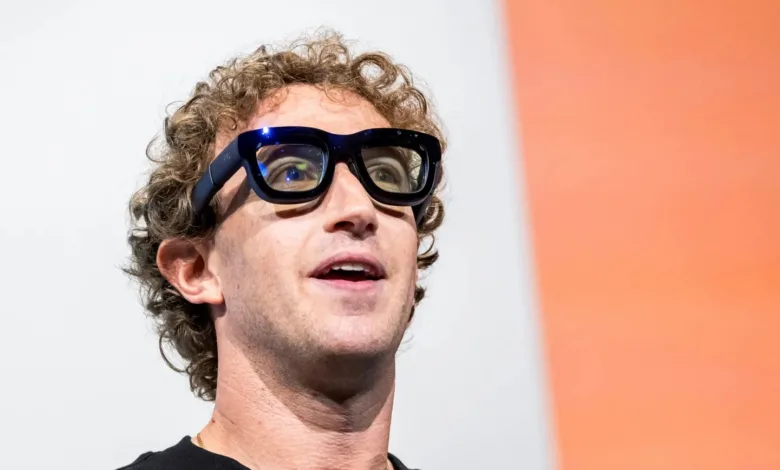
The expedition into the metaverse for Mark Zuckerberg has been fraught with challenges. His audacious investment, which once seemed highly risky and cost more than $100 billion, is now reaping significant rewards.
In less than two years, Zuckerberg’s net worth has soared to an impressive $201 billion, marking a nearly sixfold increase. This remarkable surge is driven largely by the skyrocketing stock price of Meta Platforms Inc., which has risen by approximately 60% just this year.
As a result, Zuckerberg has reclaimed his position as the fourth richest person globally, trailing only Jeff Bezos, Bernard Arnault, and Elon Musk.
The Metaverse: A Mixed Bag
Despite these staggering numbers, the metaverse remains a topic of debate. While Zuckerberg insists that it represents the future of social interaction, skepticism abounds.
Critics argue that Meta’s performance has resulted in more losses than benefits. Some contend that Zuckerberg’s wealth accumulation owes more to his efforts in capitalizing on recent advances in artificial intelligence than the metaverse concept itself.
In a bid for financial stabilization, Meta has undertaken significant measures, including a $50 billion share buyback program and a 25% reduction in its workforce to streamline operations.
A Shift In Focus?
Zuckerberg continues to advocate for the metaverse despite the financial hurdles. At recent events, he has fervently discussed the integration of the physical and virtual worlds, envisioning a future where people interact through holograms or avatars.
However, some shareholders and insiders urge caution. They express concerns about committing further resources to a project that many believe is far from achieving mainstream acceptance.
Moreover, there is a growing sentiment that Zuckerberg should concentrate on Meta’s core applications—Facebook, Instagram, and WhatsApp—which generate the bulk of the company’s revenue.
As the tech industry becomes increasingly competitive, especially with companies like Google and Amazon making significant strides in artificial intelligence, Zuckerberg might need to reassess his priorities.
Looking Forward
As Meta continues to roll out new products, such as the Quest 3 VR headset and Ray-Ban smart glasses, these innovations are expected to eventually bolster the company’s revenue.
However, substantial skepticism remains among investors who prefer to see quicker returns. The future success of the company will hinge on its ability to seamlessly integrate new technologies into its existing platforms.
In conclusion, while Zuckerberg’s metaverse journey has encountered numerous obstacles, the financial gains are undeniable. The coming years will be crucial in determining whether his vision for the metaverse will become a reality or if a shift in focus will be necessary to maintain Meta’s competitive edge.







